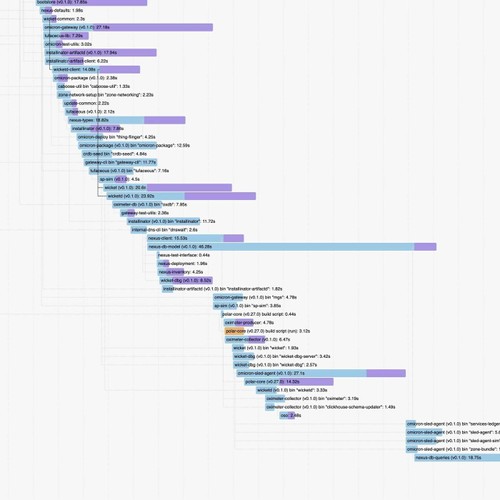
 Oxide and Friends
Oxide and Friends What's taking so long?!
Jan 24, 2024
Sean Klein, Rain Paharia, and Steve Klabnik join Bryan and Adam to discuss accelerating Rust builds, analyzing slow spots, cargo challenges, monomorphization, Buck 2 limitations, and Russ Analyzer improvements.
Chapters
Transcript
Episode notes
1 2 3 4 5 6 7 8
Introduction
00:00 • 4min
Dealing with Slow Compile Times and the Impact of a Mono Repo
04:23 • 3min
Analyzing Rust builds for optimization
07:00 • 21min
Challenges and Issues with Cargo
28:05 • 21min
Analyzing Slow Spots in the Compilation Process
49:31 • 19min
Implications of Monomorphization and Static Linking in Programming
01:08:29 • 21min
Differences Between Buck 2 and Cargo
01:29:36 • 3min
Improvements and Challenges with Russ Analyzer and Build Systems
01:32:59 • 2min
